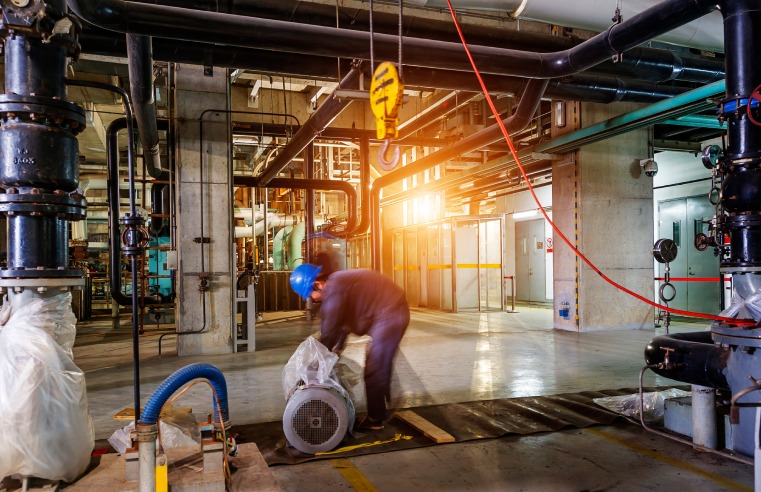The Building Engineering Services Association (BESA) has welcomed the Heat and Buildings strategy published by the government this week but says while its members and the wider built environment sector are ready to step up to the challenge of developing a larger skilled workforce to underpin the government’s strategy, greater support is needed for employers along with wider promotion of built environment careers.
From 2035 new gas boilers will be banned as the government seeks to transition homes to low carbon alternatives. It has pledged to drive down the cost of installing and operating electric heat pumps by shifting green surcharges from electricity to gas bills to make heat pumps cheaper to run.
It will also offer installation grants of up to £5,000 to homeowners as part of a £450 million fund launching in April. This means it should cost the same amount to install a heat pump as a new boiler. The long-delayed Strategy also commits the government to investing £60 million in heat pump innovation to make them smaller and easier to install.
“This is welcome detail that confirms some of the government’s earlier commitments,” said BESA chief executive officer David Frise. “However, delivering on the country’s wider low carbon pledges now requires a concerted focus on training and skills.
“Switching the industry from traditional fossil fuel solutions to more renewable and low carbon systems requires a monumental programme of reskilling and recruitment. It also has major supply chain implications. We are not just talking about single pieces of technology here – installing a heat pump (or any fossil fuel alternative) calls for a certain approach to projects and requires installers to consider the building as a complete system.
“Someone who has spent their career installing boilers cannot just turn round and start putting in heat pumps without detailed training to understand the nuances of low temperature heating including improving building insulation.”
The government believes the price of electricity has been kept unnecessarily high by the burden of subsidies and is looking to move to a situation where consumers use more electricity, but pay lower rates for it, while gradually reducing their gas consumption as its cost rises.
“Low carbon more efficient heating systems such as heat pumps will be no more expensive – and in many cases may end up cheaper – to buy and run than gas boilers,” said the department for Business, Energy, and Industrial Strategy (BEIS). “This will significantly reduce the UK’s dependency on fossil fuels and exposure to global price spikes, whilst supporting up to 240,000 jobs by 2035.”






































